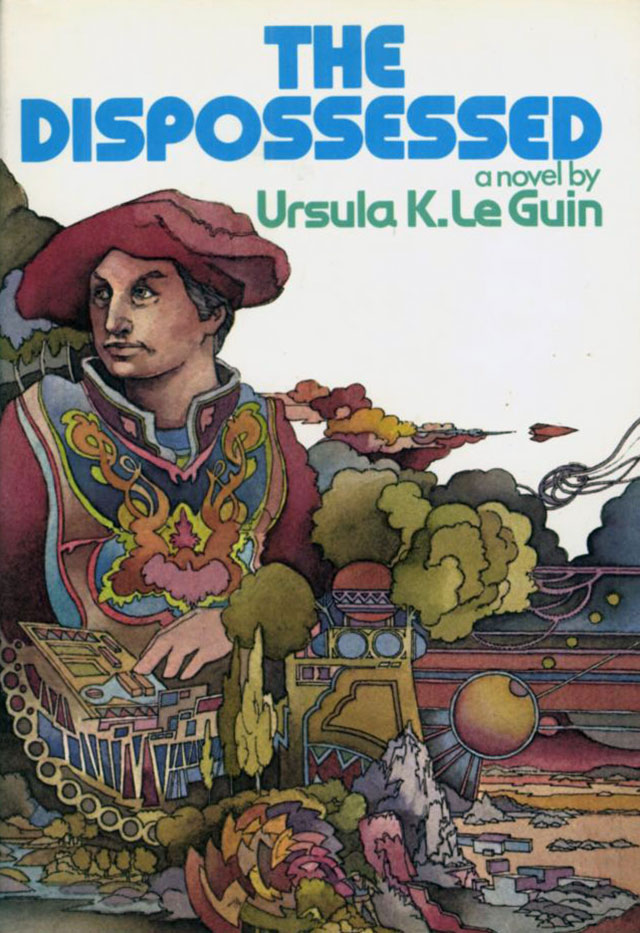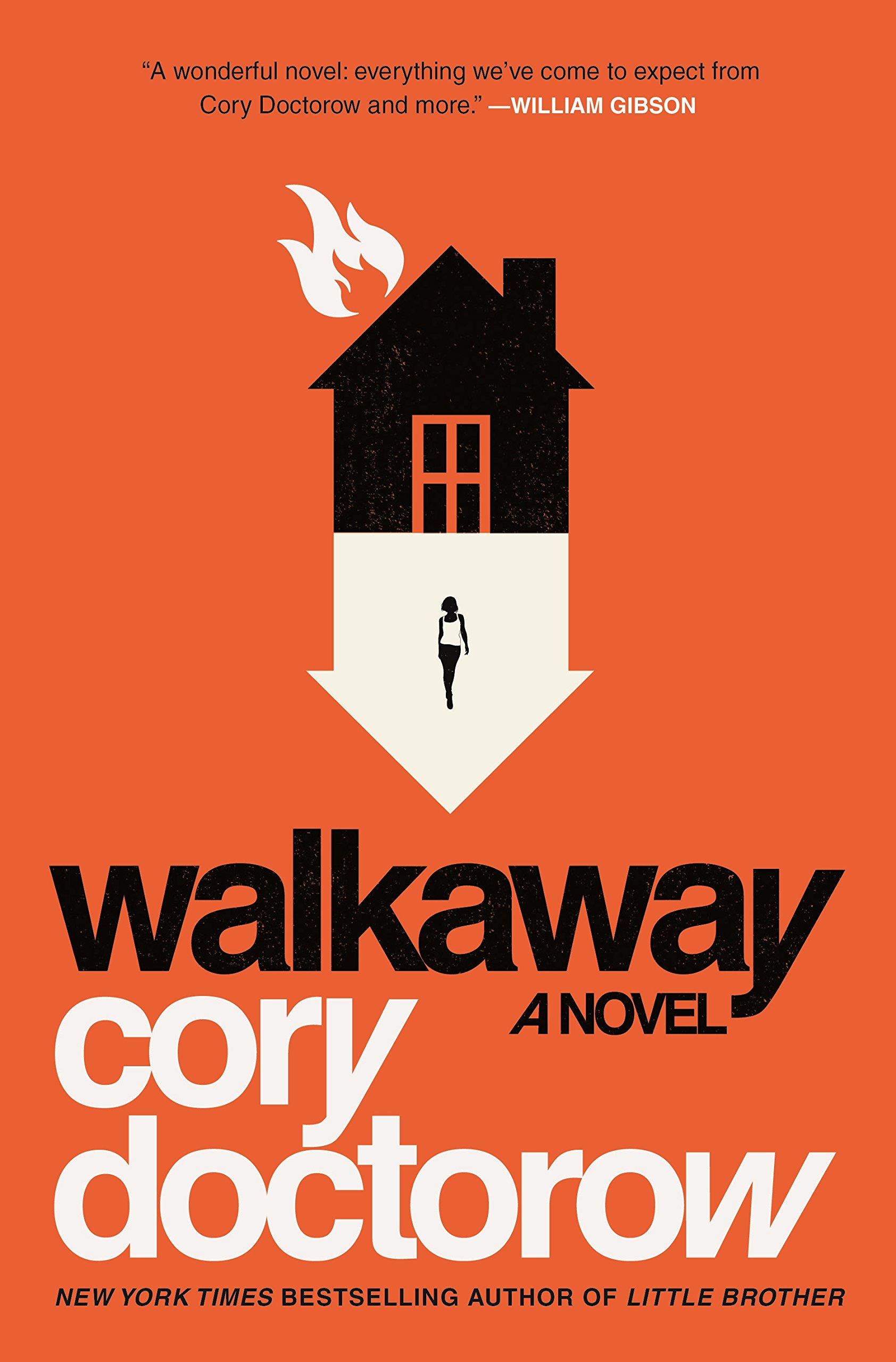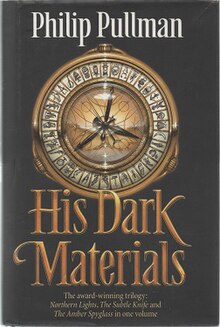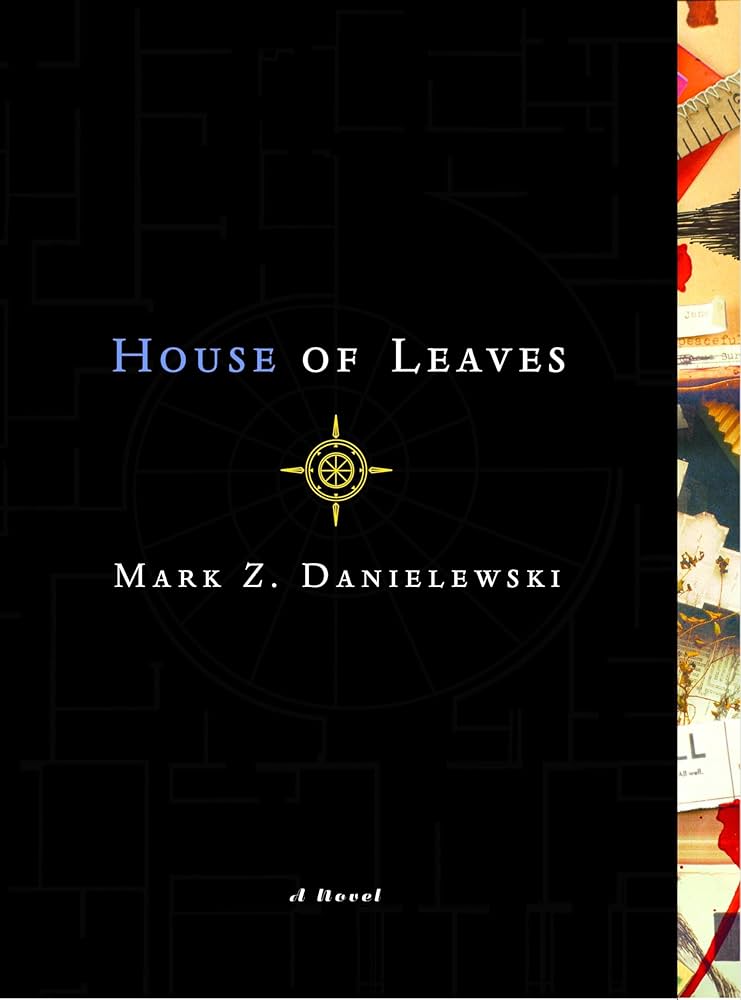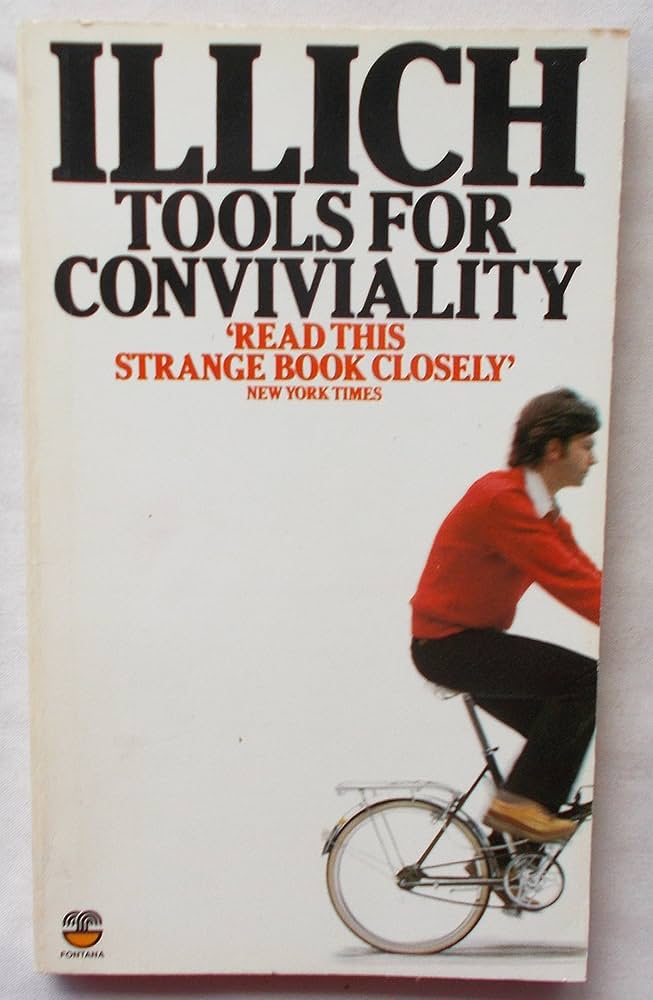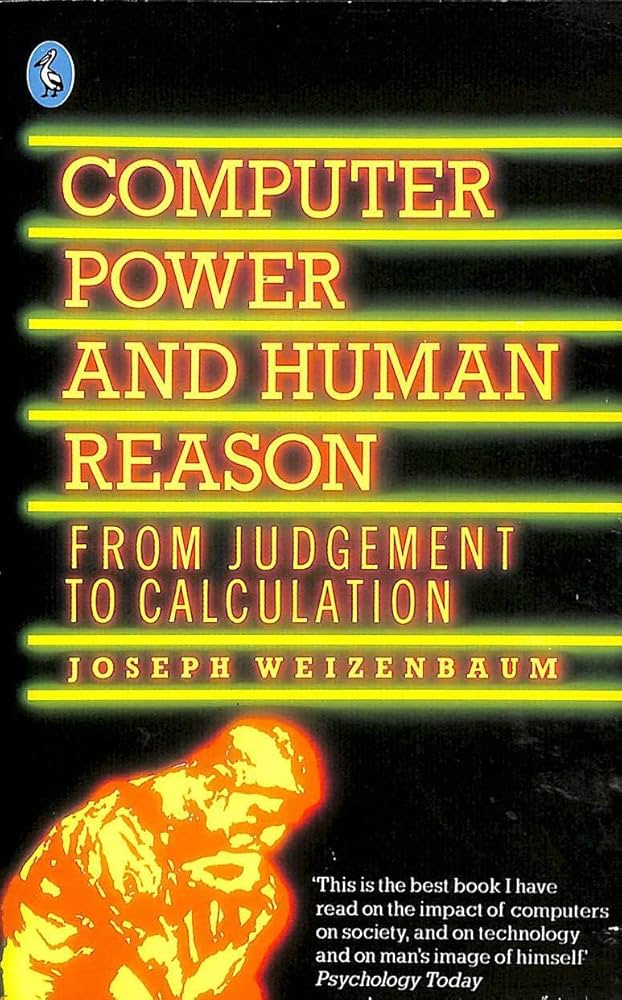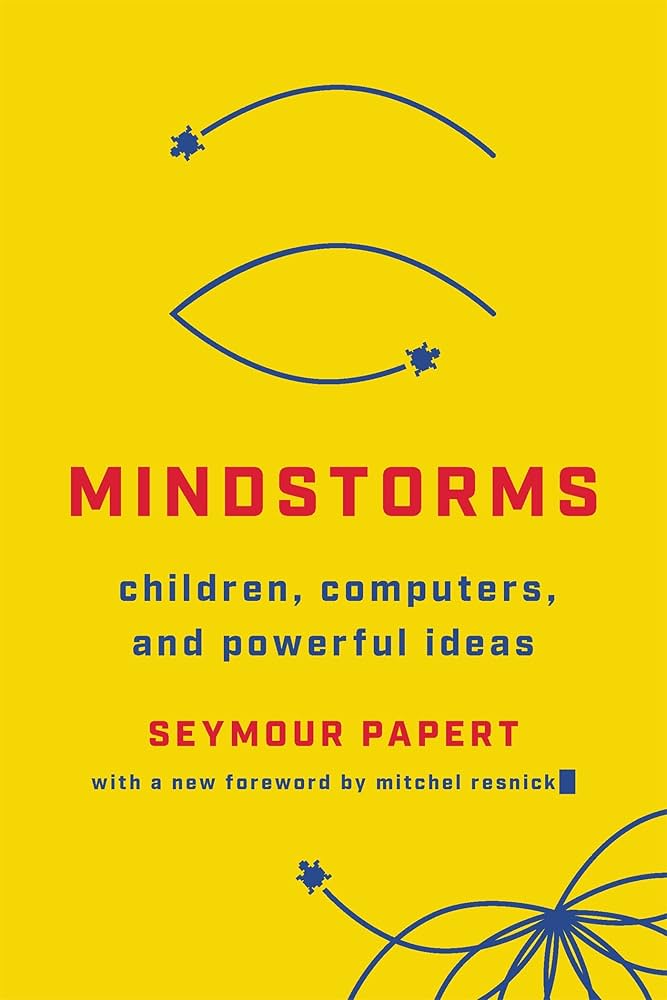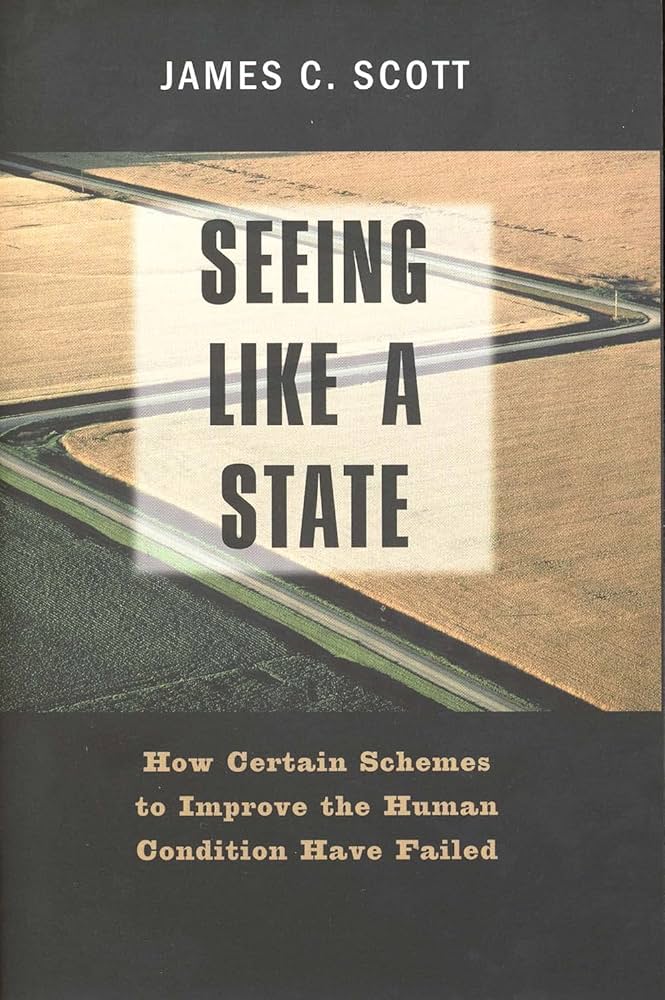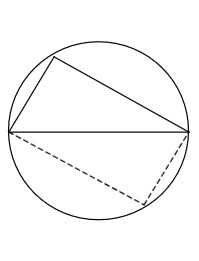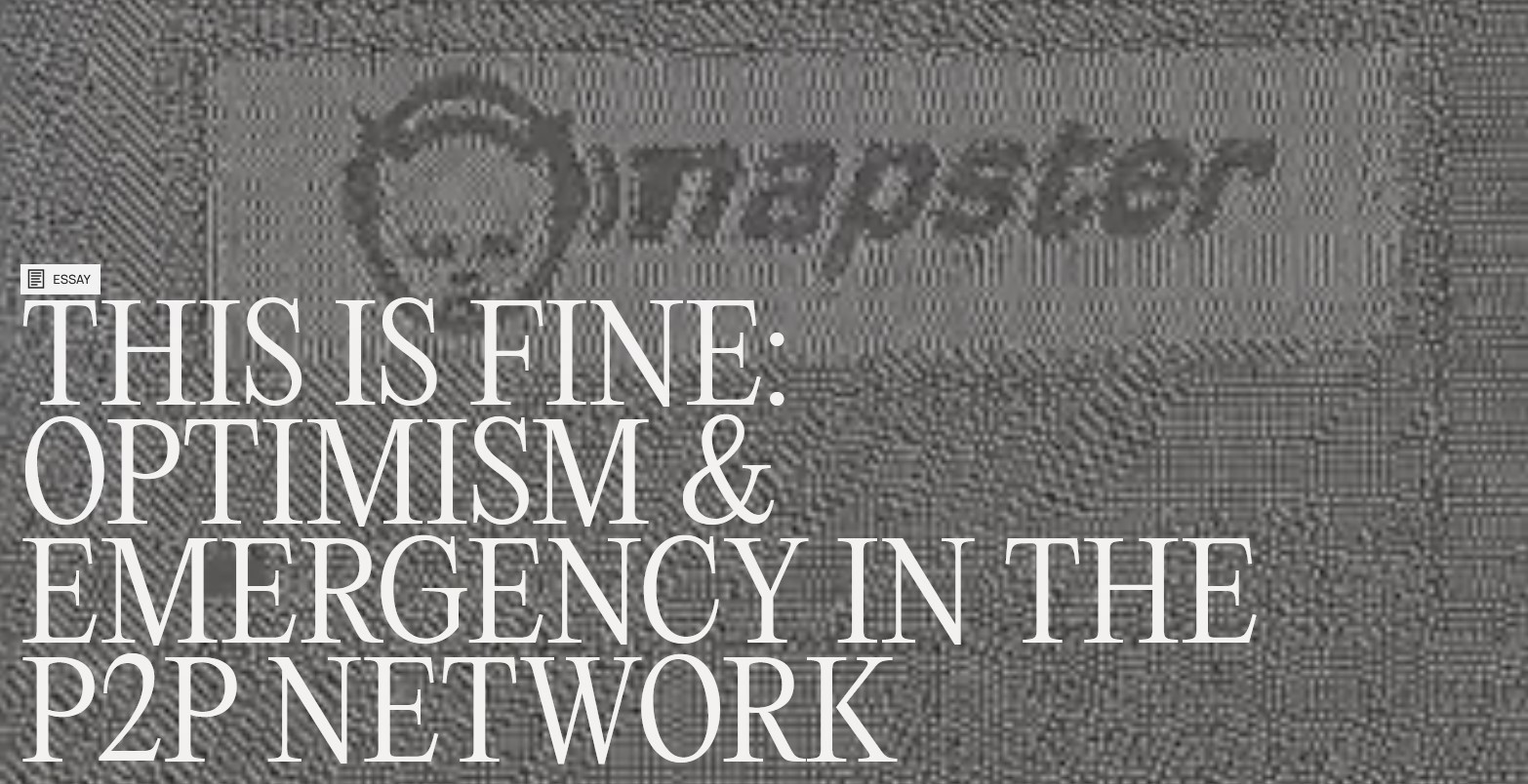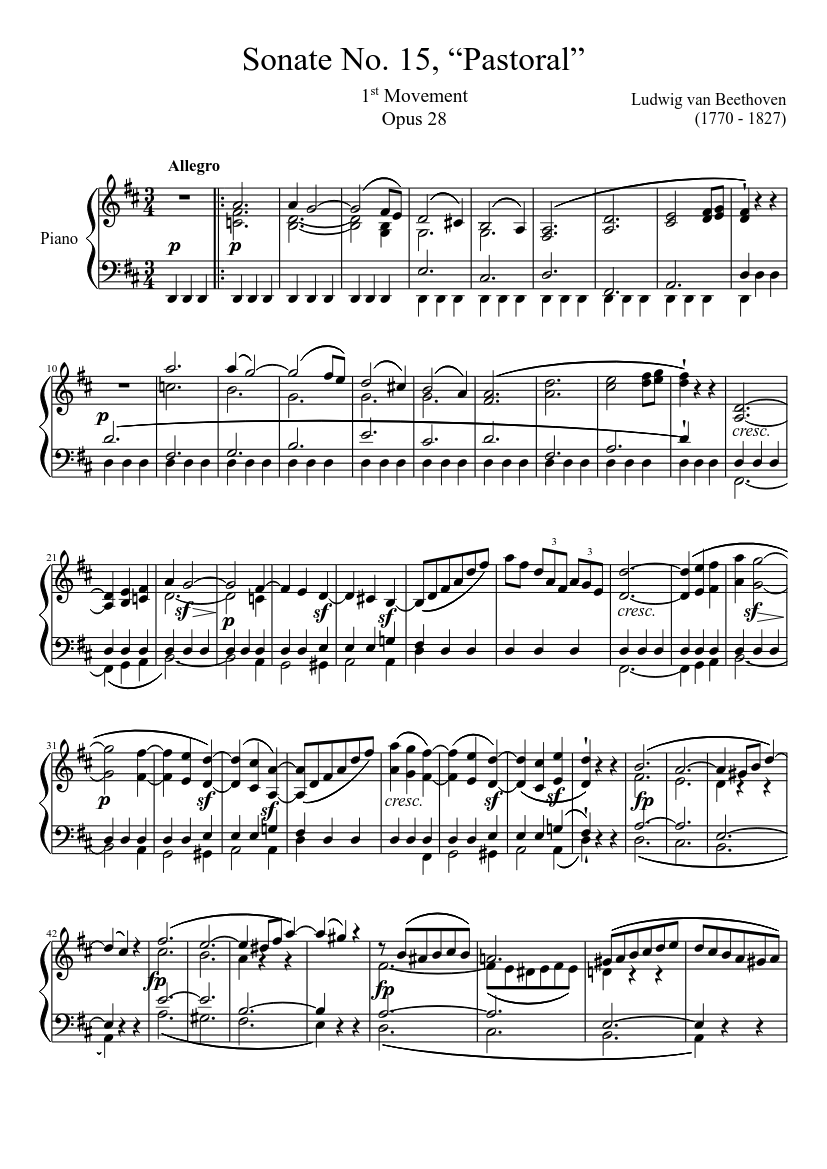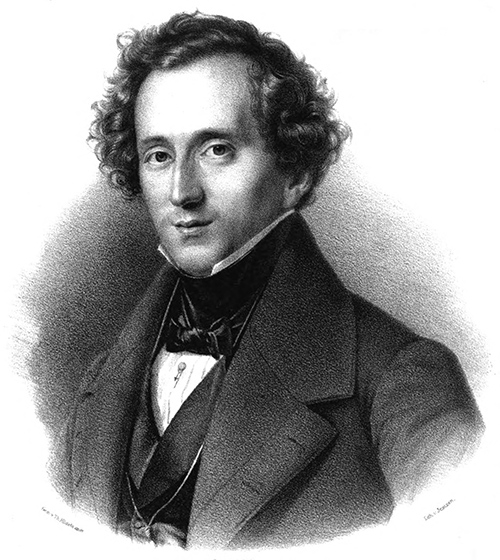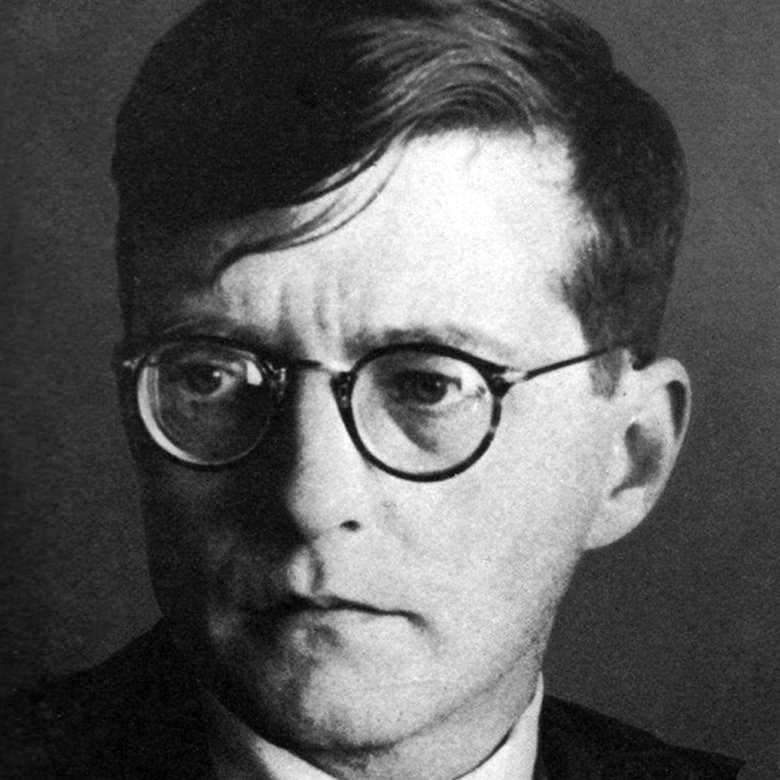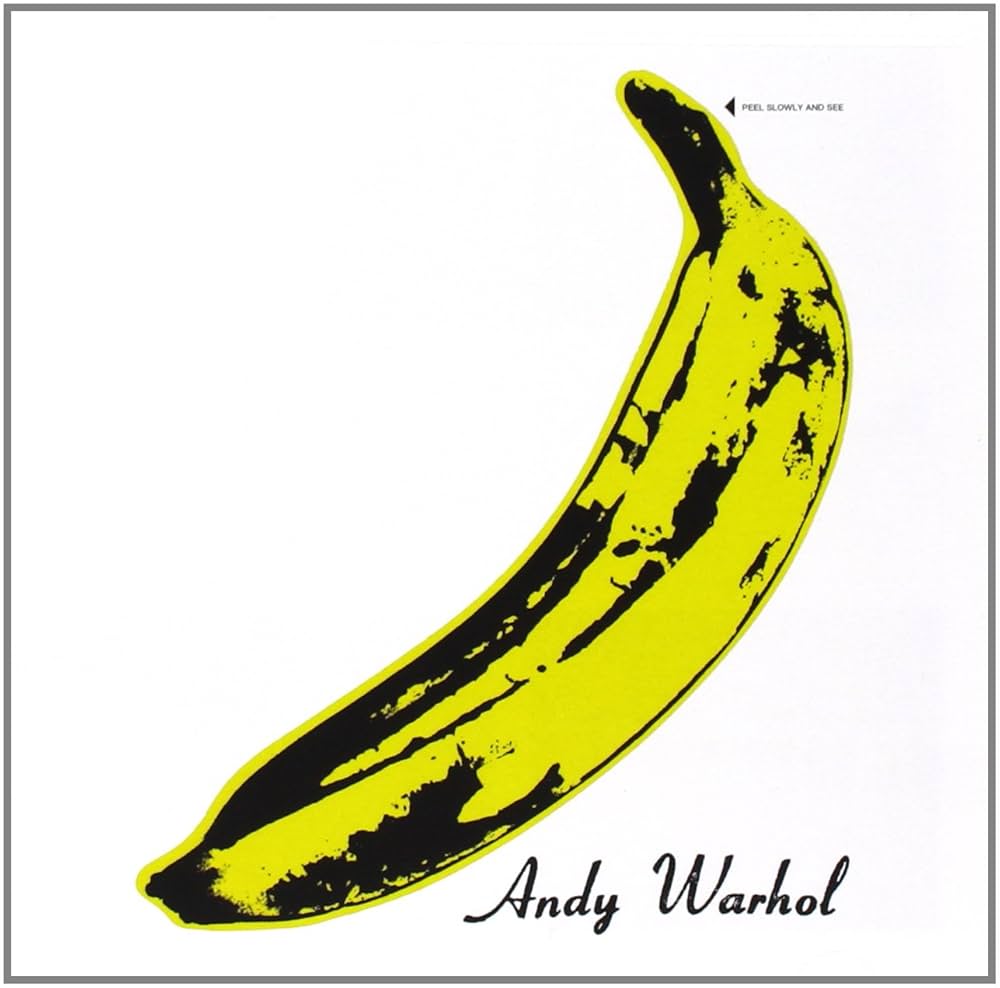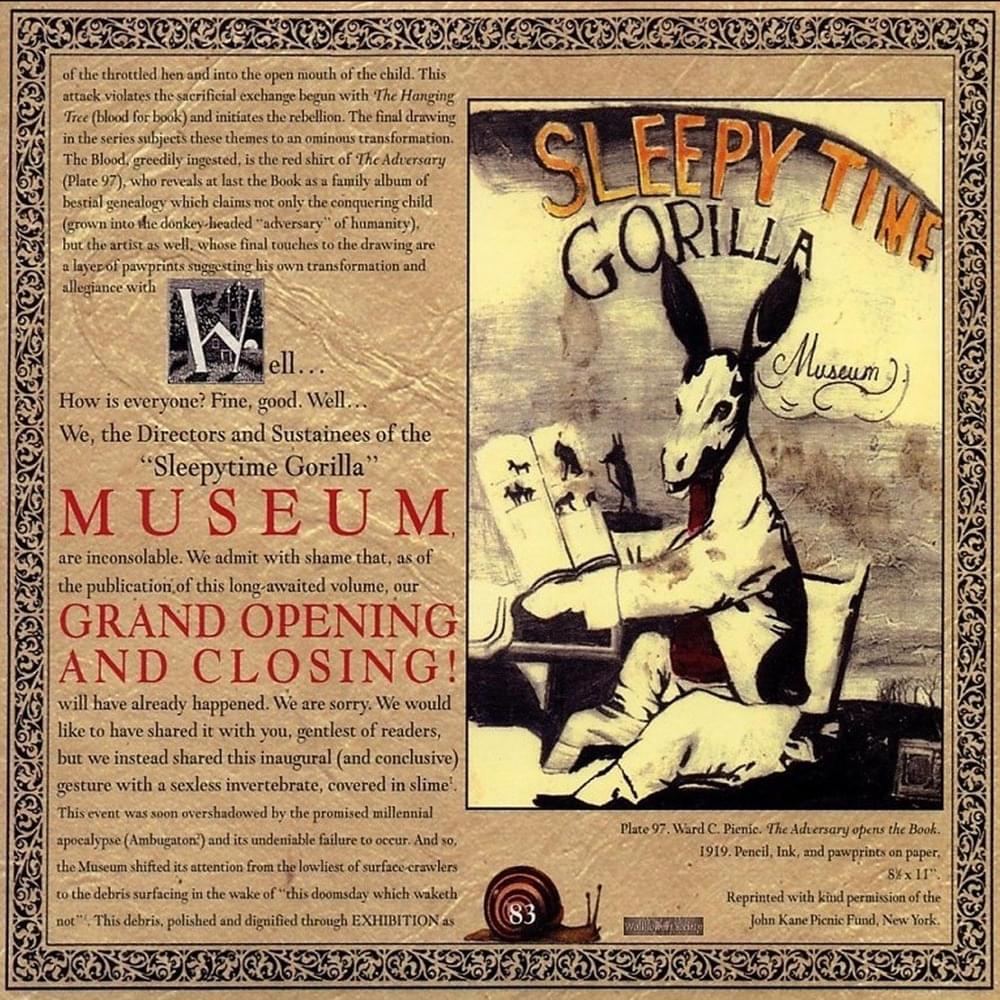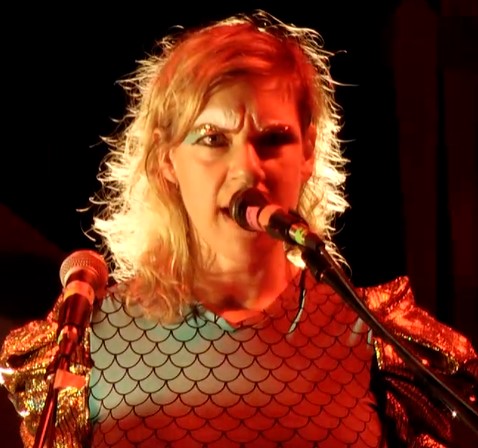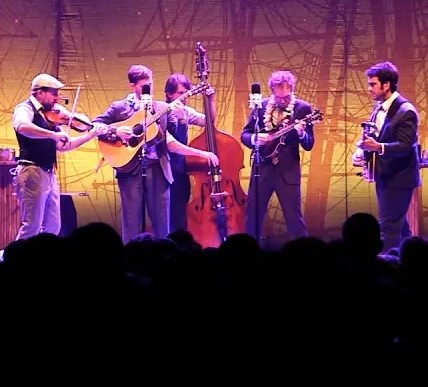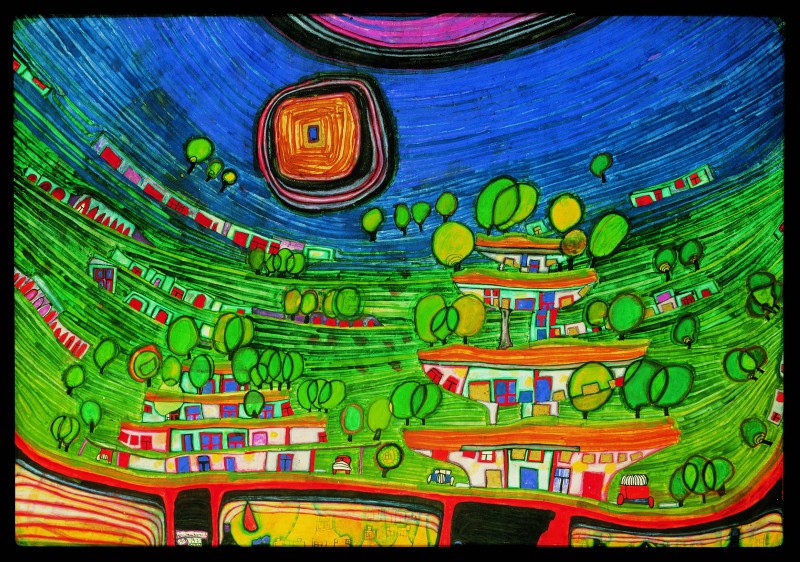He asked his students to write a paper on any problem in physics that interested them, and told them that he would give them all the highest mark, so that the bureaucrats would have something to write on their forms and lists. To his surprise a good many students came to him to complain. They wanted him to set the problems, to ask the right questions; they did not want to think about questions, but to write down the answers they had learned. And some of them objected strongly to his giving everyone the same mark. How could the diligent students be distinguished from the dull ones? What was the good in working hard? If no competitive distinctions were to be made, one might as well do nothing.
“Well, of course,” Shevek said, troubled. “If you do not want to do the work, you should not do it.”
Surely freedom lay rather in openness than in secrecy, and freedom is always worth the risk.
“But what,” Oiie said abruptly, as if the question, long kept back, burst from him under pressure, “what keeps people in order? Why don’t they rob and murder each other?”
“Nobody owns anything to rob. If you want things you take them from the depository. As for violence, well, I don’t know, Oiie; would you murder me, ordinarily? And if you felt like it, would a law against it stop you? Coercion is the least efficient means of obtaining order.”
We know that there is no help for us but from one another, that no hand will save us if we do not reach out our hand. And the hand that you reach out is empty, as mine is. You have nothing. You possess nothing. You own nothing. You are free. All you have is what you are, and what you give.
I would only ask the reader not to be in too great a hurry to laugh at my young man’s pure heart. Not only have I no intention of apologizing for him, of excusing and justifying his simple faith on account of his youth, for instance, or the little progress he had made formerly in the study of science, and so on and so forth, but I will do the opposite and declare firmly that I sincerely respect the nature of his heart. No doubt some other young man, who takes his heart’s impressions more prudently, who has already learned how to love not ardently but just lukewarmly, whose thoughts, though correct, are too reasonable (and therefore cheap) for his age, such a young man, I say, would avoid what happened to my young man, but in certain cases, really, it is more honorable to yield to some passion, however unwise, if it springs from great love, than not to yield to it at all.
We are assured that the world is becoming more and more united, is being formed into brotherly communion, by the shortening of distance, by the transmitting thoughts through the air. Alas, do not believe in such a union of people. Taking freedom to mean the increase and prompt satisfaction of needs, they distort their own nature, for they generate many meaningless and foolish desires, habits, and the most absurd fancies in themselves. They live only for mutual envy, for pleasure-seeking and self-display. To have dinners, horses, carriages, rank, and slaves to serve them is now considered such a necessity that for the sake of it, to satisfy it, they will sacrifice life, honor, the love of mankind, and will even kill themselves if they are unable to satisfy it.
My young brother asked forgiveness of the birds: it seems senseless, yet it is right, for all is like an ocean, all flows and connects; touch it in one place and it echoes at the other end of the world. Let it be madness to ask forgiveness of the birds, still it would be easier for the birds, and for a child, and for any animal near you, if you yourself were more gracious than you are now, if only by a drop, still it would be easier. All is like an ocean, I say to you. Tormented by universal love, you, too, would then start praying to the birds, as if in a sort of ecstasy, and entreat them to forgive you your sin. Cherish this ecstasy, however senseless it may seem to people.
The centripetal force on our planet is still fearfully strong, Alyosha. I have a longing for life, and I go on living in spite of logic. Though I may not believe in the order of the universe, yet I love the sticky little leaves as they open in spring. I love the blue sky, I love some people, whom one loves you know sometimes without knowing why. I love some great deeds done by men, though I’ve long ceased perhaps to have faith in them, yet from old habit one’s heart prizes them.
We’re not making a world without greed, Jacob. We’re making a world where greed is a perversion. Where grabbing everything for yourself instead of sharing is like smearing yourself with shit: gross. Wrong. Our winning doesn’t mean you don’t get to be greedy. It means people will be ashamed for you, will pity you and want to distance themselves from you. You can be as greedy as you want, but no one will admire you for it.
Look, there are as many walkaway philosophies as there are walkaways, but mine is, ‘the stories you tell come true.’ If you believe everyone is untrustworthy, you’ll build that into your systems so that even the best people have to act like the worst people to get anything done. If you assume people are okay, you live a much happier life.
Once you’ve been a shotgun person for a while, it’s hard to imagine anything else, and you start using stupid terms like ‘human nature’ to describe it. If being a selfish, untrusting asshole is human nature, then how do we form friendships? Where do families come from?
Your dad manages to kid himself that he’s rich and powerful because he’s the cream and has risen to the top. But he’s not stupid. He knows he’s kidding himself. So underneath that top layer of bullshit is another, more aware belief system: the belief that everyone else would kid themselves the same way he does, if they had the chance.
